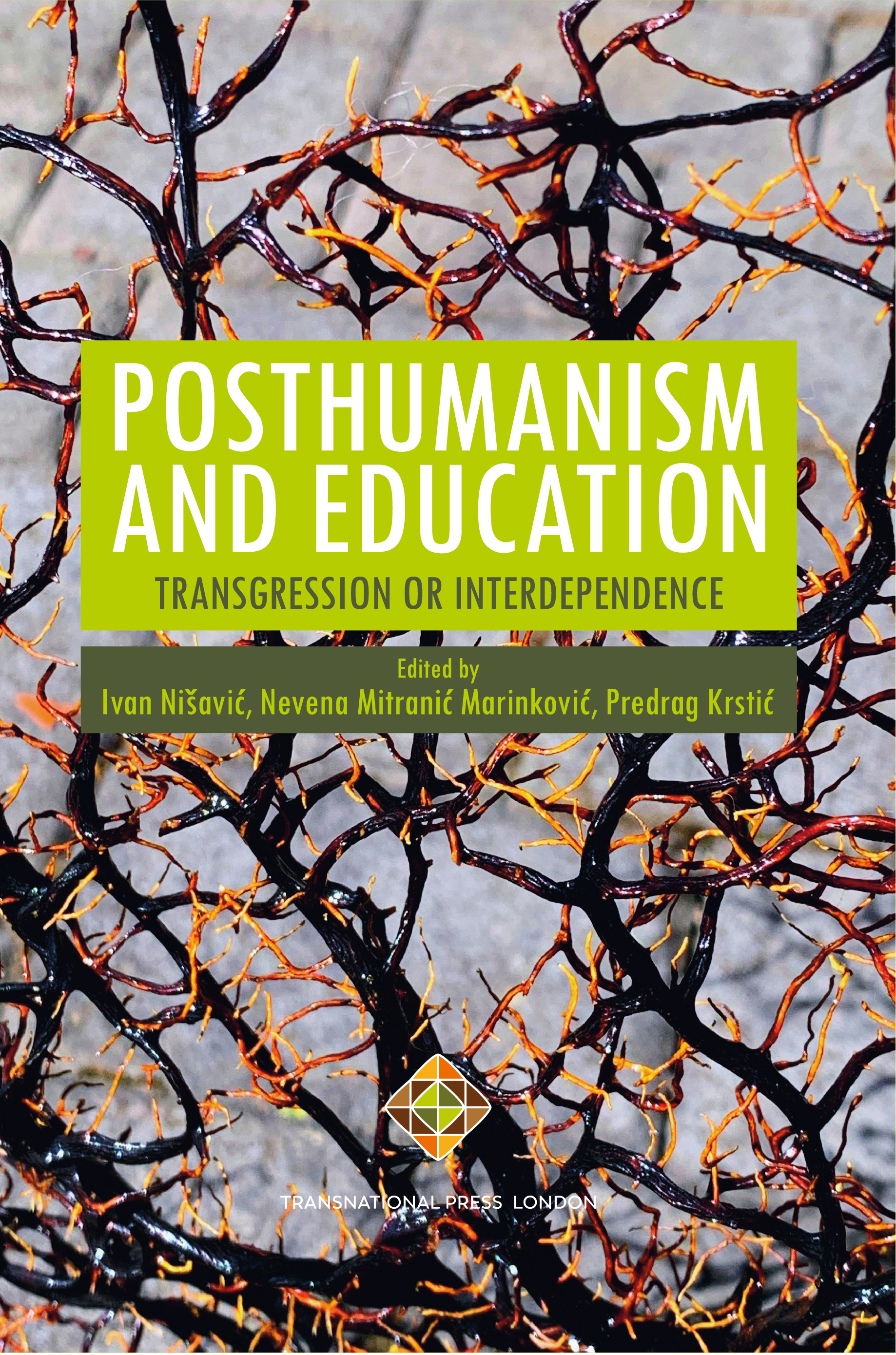Offline Education and Its Immersive Potential: Memory, Postmemory, and History in the Informational Age
Offline Education and Its Immersive Potential: Memory, Postmemory, and History in the Informational Age
Author(s): Dragana Stojanović
Subject(s): Education
Published by: Transnational Press London
Keywords: Offline education; immersive potential; memory; postmemory; history informational age; posthuman; education Series; posthumanismseries; AI in education; androids at school; anti-humanism; humanism;
Summary/Abstract: Education and educational techniques have always been closely related to both information and technology – be it an amphitheater built to accentuate the sound of the lecturer, or a book printed and designed to contain technologically as much information as it can hold, and all the way to contemporary hypersphere, where in the world of online plugged-in existences, we learn and we become through a specific bioinfotech era of open ontologies (Ovens 2018). Following Debray’s idea, each and every mediasphere brought not only new technical tool, but it profoundly transformed the way we learn, understand, and act in the world we perceive (Debray 2000; also Bangou, Arnott 2018), and so it goes for online-powered learning, that certainly offered a possibility of blending formal and informal educational techniques, as well as linear and non-linear paths of learning. Also, merging online and offline informational spaces brought the possibilities of extending the education way beyond the classroom, into a certain hybrid space, a ‘thirdspace’ (Green, Hannon 2007: 60), which would itself be a glimpse into the dissolution of boundaries between space and time, or human and machine in the processes of learning. However, it would be too simplistic, and much too soon to make a conclusion that a simple usage of online learning tools would automatically bring posthuman models of functioning, or that media and digital literacies immediately lead to posthumanly oriented amorphous, distributed learning organisms. Saturated with identities, language power-structures, and discursive frameworks, the digital human-centered subject still survives in digital humanistic world; but are we indeed locked within ever-perpetuating humanistic perspective, that actually produced the educational systems as we know them, or we have already touched the posthuman realm in education?
Book: Posthumanism and Education: Transgression or Interdependence
- Page Range: 85-93
- Page Count: 9
- Publication Year: 2024
- Language: English
- Content File-PDF

